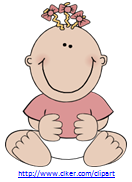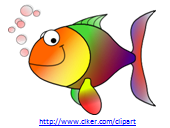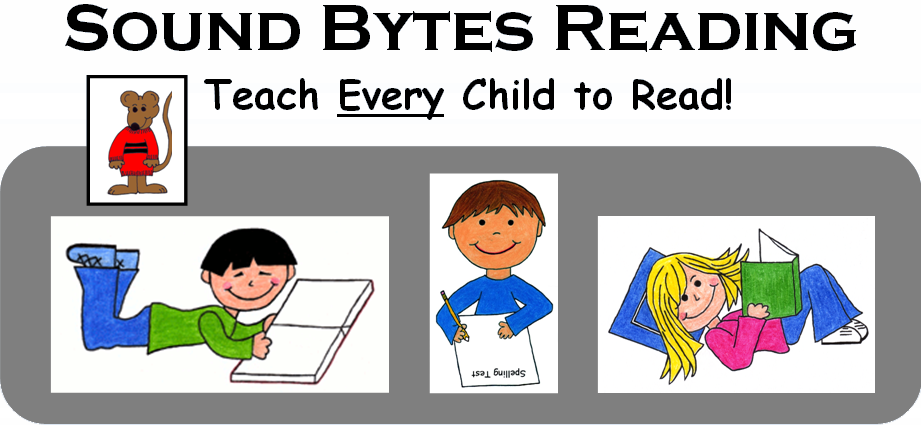Learning to Talk / Learning to Read – Part 1
How does learning to talk relate to learning to read? Some people believe that children learn to speak in whole words from the beginning; therefore, beginning readers should learn to read words as a whole unit rather than learning letter-sounds first and then blending them into words. They also believe learning to read should be as natural as learning to talk. As we will see, if the premise is false, it leads to a wrong conclusion.

When an infant is very young, she spends a lot of time listening to the sounds around her. Her first method of communication is to cry when she needs food or attention. Humans have a built-in capacity to imitate others and they learn very quickly. Babies observe the faces of the people around them and soon begin to communicate by smiling, frowning, or pouting as well as by crying.
While listening to others talk, infants soon discover that they can make speech sounds too. They practice what they hear by babbling—by imitating the speech sounds that surround them. The first pre-words we hear in the speech efforts of a baby are often something like ma-ma, da-da, pa-pa, or ba-ba. As babies become more skilled in imitating speech sounds, they begin to use parts of a word to get what they want: “wa-wa” might mean, I want water, or “ba-ba” might mean bottle. Still later, they begin to use single words to communicate—words like “no,” “mine,” “cookie,” or “doggy.”
Before long, toddlers begin to put words together to make simple sentences, sometimes getting the grammar wrong, but just as often getting it right. The more language they hear, the more information they have to draw from. The more you interact with them, the more opportunity they have to practice speech sounds. Often you will overhear a mother talking to her toddler. The toddler will point and say, “fish” and the mother will say, “Yes, that’s a big, orange fish.” She is adding to her child’s vocabulary. This is why talking to your baby or toddler is so important. He is learning language from you.

Talk to your children. Describe things using rich, descriptive vocabulary words. Encourage your children to talk to you by asking them questions. This will help your children develop a larger vocabulary, which will be very useful to them when it is time to learn how to read.
In part two we will discuss how beginning readers learn to read, and why they do not learn to read as easily and naturally as they learn to talk.
